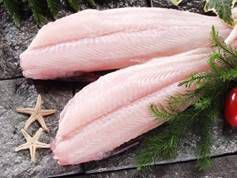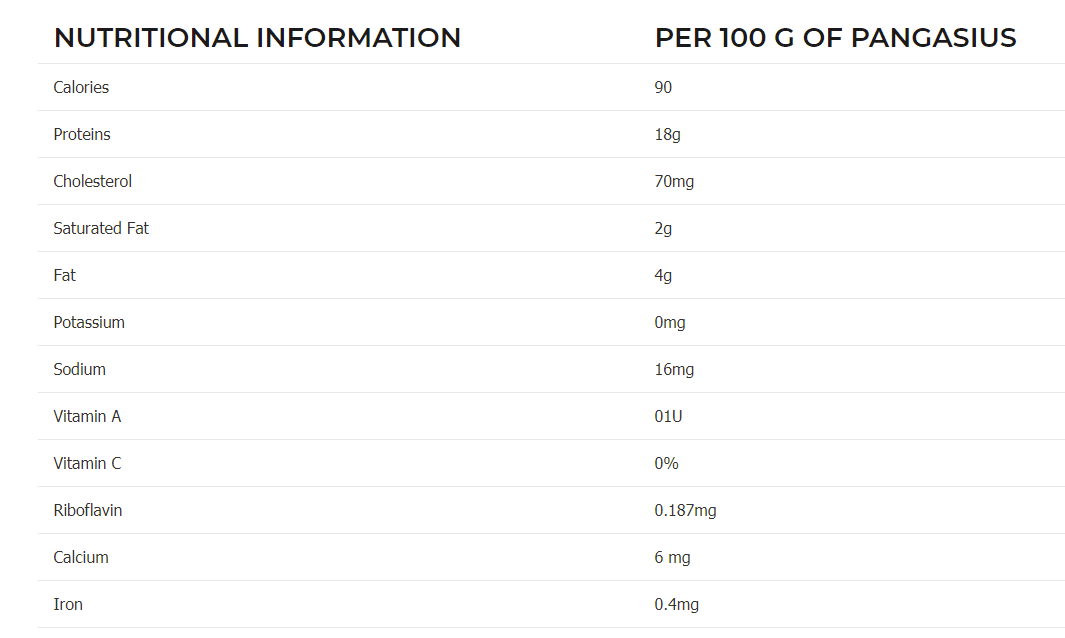PANGASIUS
Initially designed as a measure to alleviate poverty, Pangasius farming in Vietnam has more recently developed to include larger scale operations. Ten Vietnamese provinces are involved in Pangasius aquaculture with the main farming region based around the Mekong Delta and with the An Giang province producing the greatest volume.
The Mekong Delta plays a very important role in the socio-economic strategy for Vietnam. It is the largest granary in Vietnam, not only ensuring national food security but also export mostly rice and aquatic products. Pangasius has a history of more than 50 years and its farming has been a traditional means of livelihood for farmers in the Mekong Delta for generations. Pangasius belongs to the catfish family, but more like a shark as it is skin is smooth and no scales. Mostly raised in ponds and floating cages, Pangasius is available all year round, and is transformed in modern processing plants into frozen fillets. Shipped abroad by reefer container, the products maintained its organoleptic qualities and nutritional values. Pangasius is becoming very popular in Europe, North America, Russia and Africa.
Slightly pink to clearly white, Pangasius has a delicate aroma, and the texture is similar to Sole fillet or even to Grouper fillet. Highly appreciated in North American cuisine, it is appealing to the consumers for its price and aroma.
“Pangasius (also known as Basa) is a species of freshwater fish found mostly in Vietnam”




